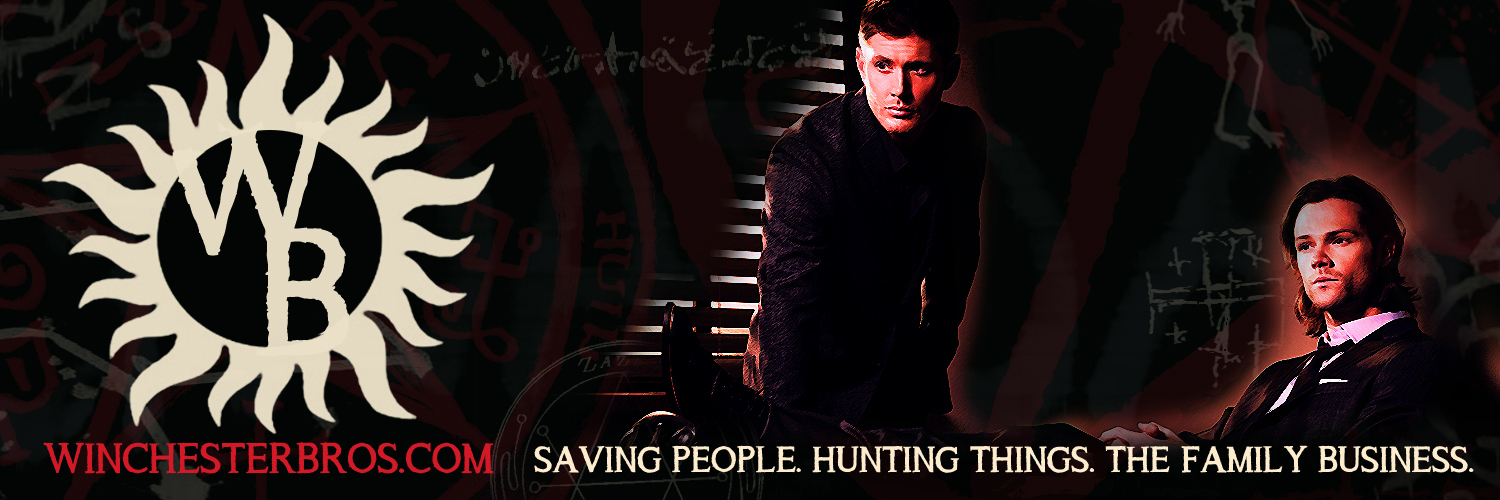Review for the Supernatural book, Nevermore.
Visit Critical Myth for an archive of John's Review archives!
Media tie-in fiction, particularly outside of the episodic Trek milieu or the pre-planned arcs of the Star Wars Extended Universe, has a built-in complication. If the franchise in question is based on a television series that is a mixture of episodic elements held together by long-term plot and character arcs, one is justified in assuming that the vast majority of the arc will be on-screen. Thus any novel set in the continuity cannot realistically include events that are more substantial than the events on-screen, or one would wonder why those events were never referenced.
There are ways around this problem. The first is simple: set the story outside of the “current” timeline. Say, a prequel or “alternate reality” story. In fact, there is a comic series covering some of the initial adventures of John Winchester, and all of that territory is fair game. But this initial novel is set squarely in the center of the second season, and as such, must co-exist with a complicated set of character arcs for the Brothers Winchester.
The author’s solution to the problem is relatively simple: accept that the events are going to be low-key and focus on the characters themselves. Both of the situations in the book are fairly simple, and it’s easy to believe that the brothers would never really mention what happened, especially with other concerns on the horizon. But this leads to the problem of relevancy; a number of readers, especially those devoted to fan fiction, will likely feel this is a lightweight affair.
The Brothers Winchester are, with very few exceptions, in character. The author gets the personalities down very well, and one might perceive that as part of the problem. This is such a relatively minor case that the brothers spend a lot of time in casual pursuits, and that makes the quirks pop out as exaggerations. Dean gets the brunt of this, with his obsession with music and women. All that said, it rings true; neither brother is suddenly obsessed with something never before mentioned.
When the author keeps the story casual, there’s little to complain about. There’s also little to rave about, but it’s a very pleasant read. When continuity is brought into the mix, there are some odd notions that may not work. First, there’s the hint that John Winchester approved of Sam’s educational choices far more than previously revealed. It’s not very important to the story, however, so it’s hard to imagine why it was included.
The second addition is closer to the plot, involving a cop named McBain who considers herself part of a small network of policewomen who help hunters stay out of trouble. As interesting as this concept is, and as much as it helps to explain how the hunters operate without too much law enforcement interference, it’s never been mentioned in the series. It works for the purposes of the story, and it’s a minimal addition overall, but it felt a little intrusive.
Given the constraints of the tie-in genre, especially the first novel for a franchise, there’s little surprise that the author would stick with the familiar, focus on the Brothers Winchester, and keep the story close to home. The author lives in New York, so the novel boils down to “Dean and Sammy Visit the Big Apple”. For those happy enough with a lightweight adventure, this is worth the time; I was inspired to watch the pilot on DVD again after reading it. Those wanting something as substantial as the series itself should simply wait for the third season premiere.
Visit the Nevermore Discussion Thread to discuss this review and book.
